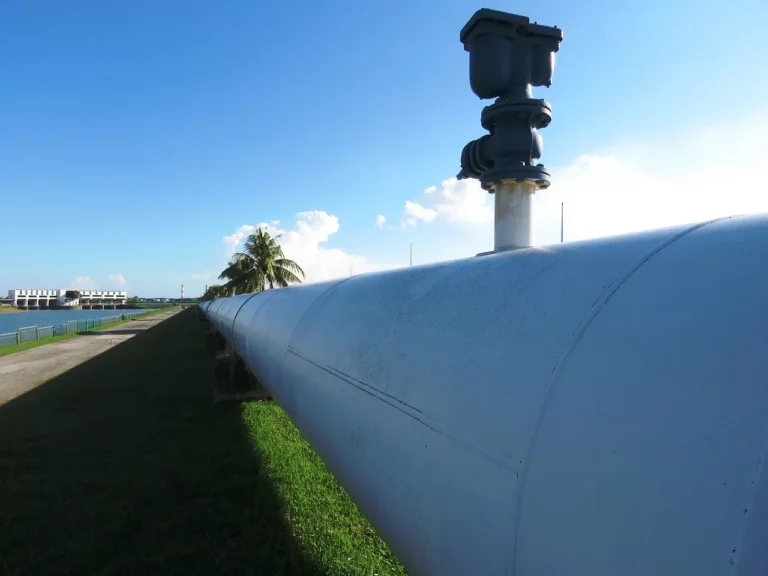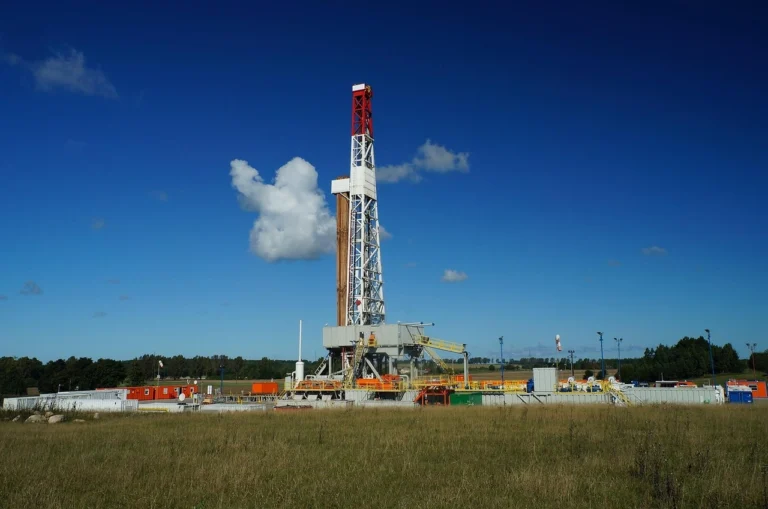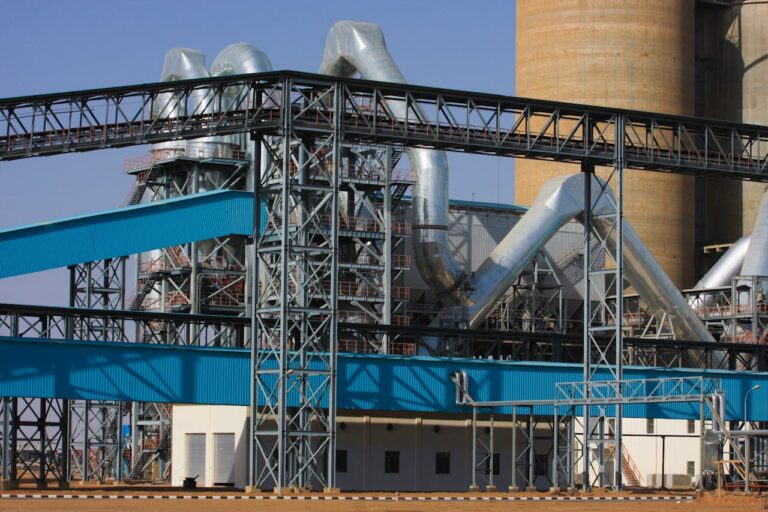
Constellation (Nasdaq: CEG), the largest producer of carbon-free energy in the U.S., kicked off its participation in the COP28 climate summit by joining a global list 120 nuclear industry companies and organizations in 25 countries pledging to support at least tripling the amount of zero-carbon nuclear energy globally by 2050 as part of an urgent strategy to address the climate crisis. The pledge followed a similar declaration Saturday by the United States and 21 other countries, highlighting strong global recognition that new and existing nuclear generation must play a critical role in any credible plan to reach net zero emissions in time to prevent the worst effects of climate change.
David Brown, Constellation’s senior vice president of Federal Government Affairs & Public Policy, and Katherine Ott, vice president of Sustainability and Climate Strategy, joined other industry leaders assembled in Dubai in hailing the agreement as a major advancement in the global effort to address the climate crisis.
“In the closing days of the hottest year on record, world leaders are sending a clear message about the unique value of nuclear energy as a climate solution,” Brown said. “There is growing acknowledgement that to solve this crisis, we need to complement intermittent renewable energy with massive amounts of additional clean energy that can operate reliably around-the-clock and in all weather conditions, and nuclear consistently delivers on that promise. If we are going to achieve zero emissions by 2050 and keep the lights on, it simply must be part of the solution.”
Brown and Ott took part in a series of panel discussions and other events at COP28 highlighting the role nuclear energy can play in decarbonizing not just the electric grid, but other parts of the economy, as well, with clean energy matched with demand in every hour of every day.
With a generation fleet that is already nearly 90 percent carbon-free and has the lowest emissions rate among large producers, Constellation has pledged to produce 100 percent of its energy with clean sources by 2040. To help reach its 100 percent goal, Constellation is investing to expand and increase the output of its clean energy assets, which includes the nation’s largest nuclear fleet paired with solar, wind and hydro generation.
Earlier this year, the company announced plans to invest $800 million in new equipment to increase the output of two of its Illinois nuclear plants. Pending continued policy support for nuclear energy, the company also intends to seek 20-year license extensions at all of its nuclear plants, starting with the Clinton and Dresden Clean Energy Centers in Illinois. Extending the licenses of Constellation’s nuclear fleet, which supplies about 10 percent of all clean energy in the U.S., would generate more additional carbon-free electricity than has been produced by all the renewable energy currently in operation in America.
To help accelerate the transition to a clean-energy economy, Constellation, which serves three-fourths of Fortune 100 companies, is using innovative technology developed in collaboration with Microsoft to help U.S. businesses match their energy use with clean resources in every hour of every day. In June, Microsoft became the first customer to utilize the hourly carbon-free energy matching technology to power one of its large data centers with a combination of renewable and nuclear energy. Chicago-based ComEd, one of the nation’s largest electric utilities, signed a similar agreement with the goal of powering all of its facilities with carbon-free nuclear energy supplied by Constellation.
In addition, Constellation is investing $350 million to extend the lifespan and increase the output of its wind energy fleet. The company is also a strategic investor in NET Power Inc., which employs a technology capable of capturing nearly 100 percent of carbon dioxide emissions from natural gas generation.







